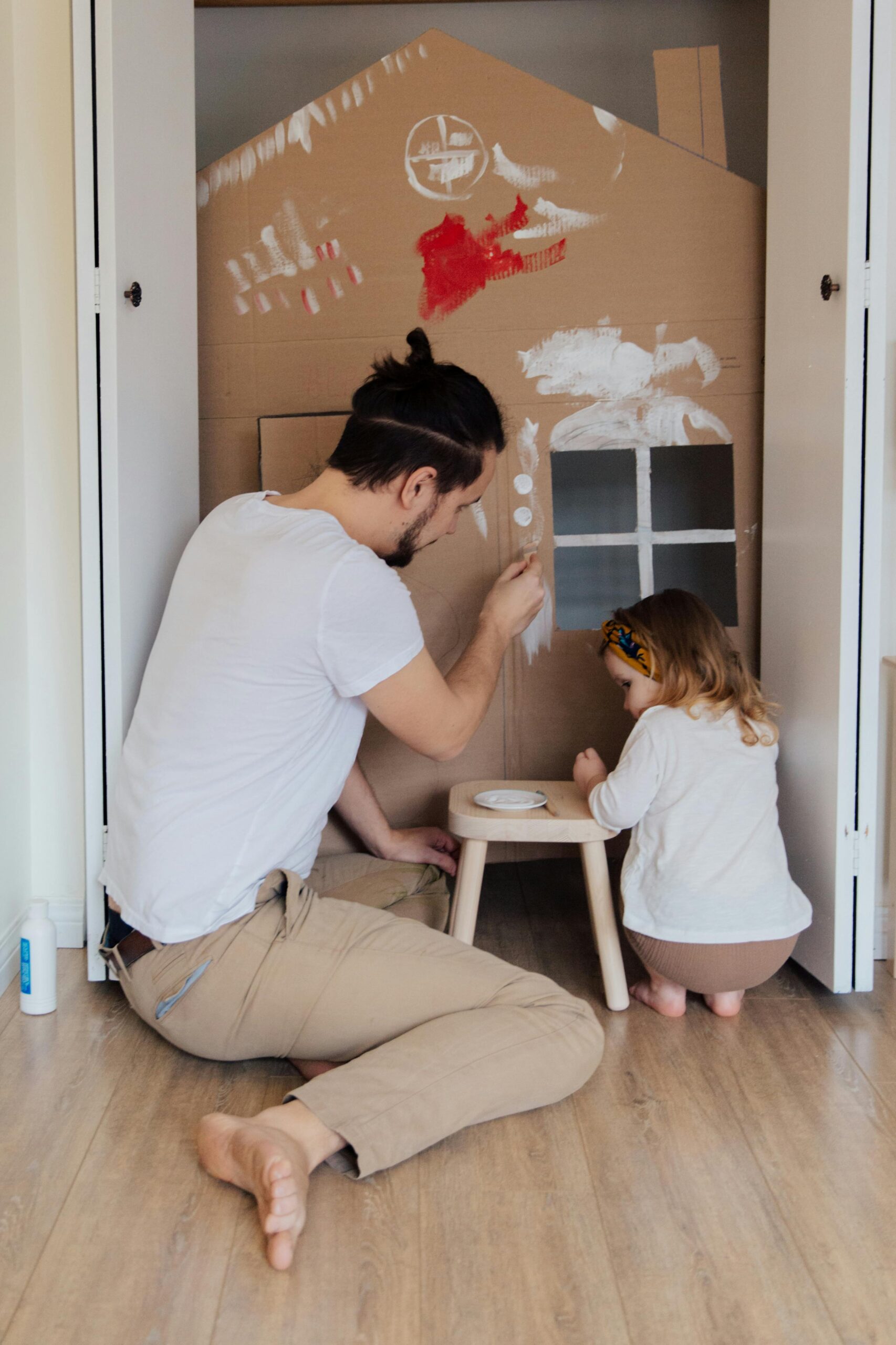There are many factors to consider when choosing a hospital for delivery, but these three NICU-related questions can be crucial for parents preparing for a high-risk birthWhen I was receiving antenatal care, my OB-GYN required me to choose a hospital for delivery. Since my second pregnancy was considered high-risk, I focused on finding a hospital that could meet those needs. While I asked many questions during my search, these three stood out as essential when selecting the best place to give birth.
1. Does the hospital have a Level III NICU?
If you’re having a low-risk pregnancy, this may not be necessary. But for high-risk pregnancies, it’s an important consideration. A Level III NICU is one of the higher levels of neonatal care, with specialized staff available around the clock to handle a wide range of complications. If you have multiples, no need to worry about one baby in a hospital with a higher level of care and another baby in a lower level hospital.
2. Can parents stay overnight with their NICU baby?
If your baby is admitted to the NICU, some hospitals allow one or both parents to stay overnight. The arrangements can vary. For example, at Lowell General Hospital in Massachusetts, this is called “onboarding.” Parents can stay in the postpartum room, space permitting, and may even be able to order meals. Brigham and Women’s Hospital in Boston provides a pullout bed for one parent.
If overnight stays aren’t allowed, ask if the hospital offers 24/7 camera access to your baby. Many NICUs now offer this option, giving parents peace of mind through remote monitoring.
3. What is the visitor policy for the NICU?
NICUs often have strict visitor policies to protect vulnerable newborns, especially during flu or RSV season. Most hospitals allow parents to visit at any time, but policies for other visitors—especially children—vary. For example, Lawrence General Hospital doesn’t allow children to visit the NICU during RSV season. This was important for me to know, as I have a toddler.
There are many factors to consider when choosing a hospital for delivery, but these three NICU-related questions can be crucial for parents preparing for a high-risk birth.
